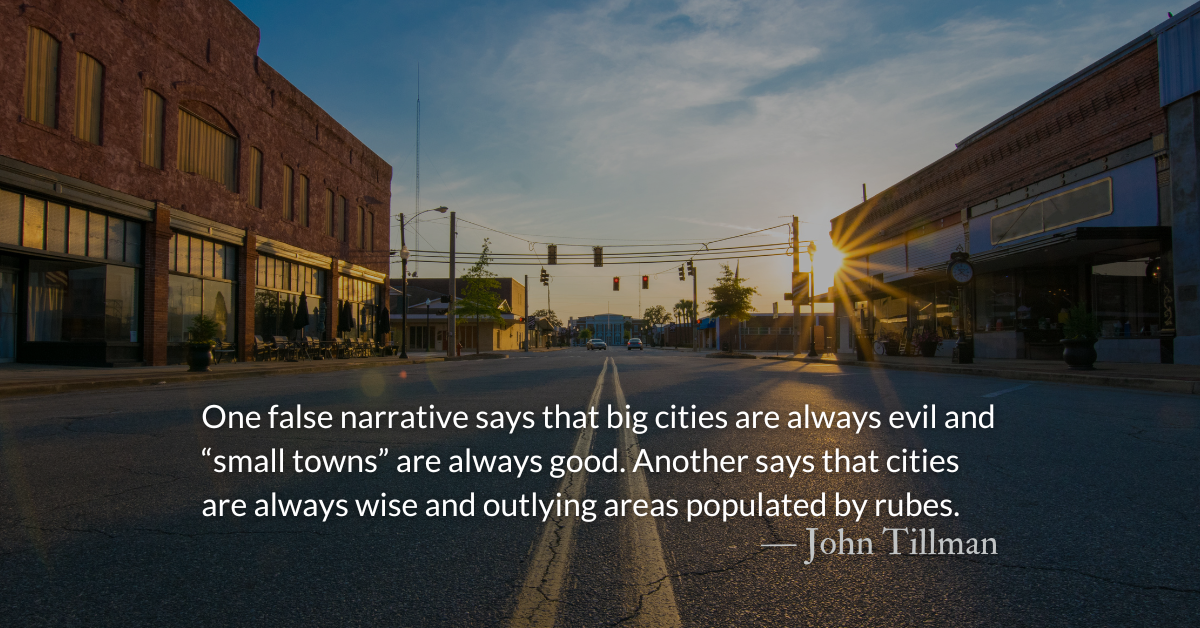Scripture Focus: Luke 7.6-8
2 There a centurion’s servant, whom his master valued highly, was sick and about to die. 3 The centurion heard of Jesus and sent some elders of the Jews to him, asking him to come and heal his servant. 4 When they came to Jesus, they pleaded earnestly with him, “This man deserves to have you do this, 5 because he loves our nation and has built our synagogue.” 6 So Jesus went with them.
He was not far from the house when the centurion sent friends to say to him: “Lord, don’t trouble yourself, for I do not deserve to have you come under my roof. 7 That is why I did not even consider myself worthy to come to you. But say the word, and my servant will be healed. 8 For I myself am a man under authority, with soldiers under me. I tell this one, ‘Go,’ and he goes; and that one, ‘Come,’ and he comes. I say to my servant, ‘Do this,’ and he does it.”
9 When Jesus heard this, he was amazed at him, and turning to the crowd following him, he said, “I tell you, I have not found such great faith even in Israel.” 10 Then the men who had been sent returned to the house and found the servant well.
Reflection: Miracles for the Undeserving
By John Tillman
Deserving. Undeserving.
Faithful. Unfaithful.
Believing. Unbelieving.
These themes run through Capernaum and are especially highlighted in the story of the centurion and his servant.
The Jewish elders who came to Jesus said the centurion was “deserving” of a miracle. Why? Because he loved “their nation” and financially supported their place of worship. They liked him because he helped them.
Who deserves a miracle? Good people? Benefactors? Public servants? Important people? People we like?
In short, no one. God owes no one miracles. The centurion doesn’t deserve a miracle for being “one of the good ones,” and the Jews don’t deserve one either. Miracles are acts of mercy, not spiritual reimbursements.
That doesn’t mean the centurion didn’t show good qualities. One of the centurion’s best qualities is that he recognized that he was undeserving. His humility shows in his sending servants to stop Jesus from coming to his home. His repentance shows in his acts of mercy and service to the town. His faith shows in his recognition that Jesus did not need to be present to act in mercy.
The amazing detail of this story is not that Jesus did the community a solid by paying off the nice guy who did nice things with a nice miracle. It is that the outcast Gentile, working for the Empire, representing a man who thought himself to be God, recognized that Jesus, not Caesar, was the ultimate authority. The centurion calls Jesus “Lord.” But the insiders, the Jews, the people worshiping the God who sent Jesus and called him “My beloved Son,” did not recognize Jesus’s authority. They rejected him as Lord.
Jesus did many miracles in Capernaum. However, Capernaum was not a place of great faith. Jesus would condemn the area for persisting in unbelief despite all the miracles he did there. (Matthew 11.23-24)
No one is deserving, yet Jesus does miracles for the undeserving. No one is completely faithful, yet Jesus is amazed at the faith that he finds on the earth. Those who should believe—who saw miracles—rejected faith. Those who have reasons not to believe—being the “wrong” race, party, or having the wrong job—are found among those who call Jesus “Lord.”
The gospel is the ultimate miracle. None of us deserve it, yet Jesus offers it to us. Call him Lord, and come under his authority.
Thank God that he does miracles for the undeserving.
Divine Hours Prayer: The Refrain for the Morning Lessons
Blessed are they who do hunger and thirst after righteousness: for they shall be filled. — Matthew 5.6
– From The Divine Hours: Prayers for Summertime by Phyllis Tickle.
Today’s Readings
Zephaniah 3 (Listen 3:38)
Luke 7 (Listen 7:14)
Read more about Josiahs Need Zephaniahs
The next generation needs us to model condemning our past sins, confessing them, and being free. Josiahs need Zephaniahs.
Apply or tell a student!
Explore #Writing with us for #StudentWritersMonth. Get #FreeCoaching, seminars by special guests, published work, and a scholarship/stipend.






